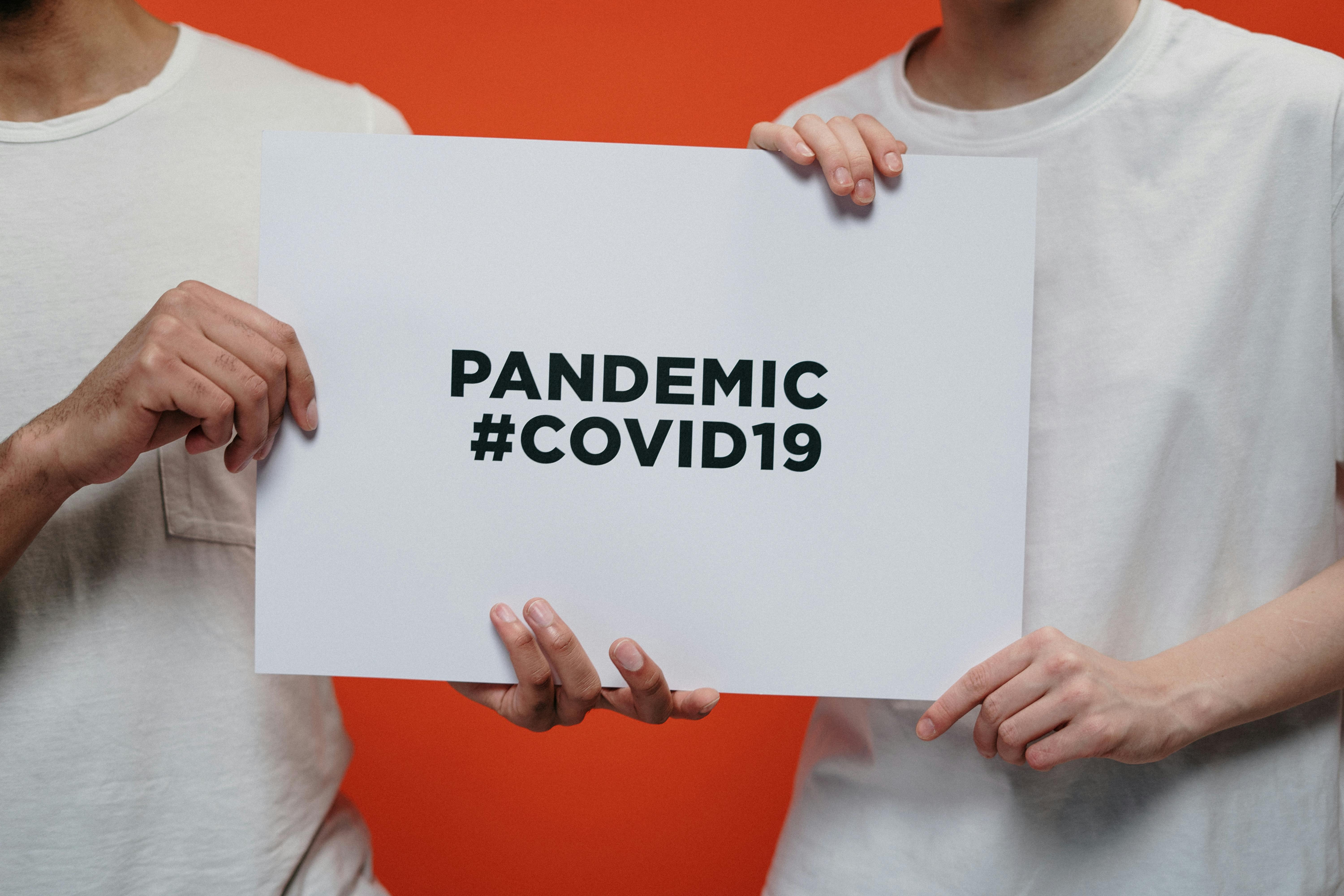Post-COVID Gut Health: Understanding Digestive Symptoms After Recovery
COVID-19 has had far-reaching effects on health, and one of the less discussed areas is its impact on digestion. Many people report lingering digestive symptoms like diarrhea, bloating, or even IBS-like conditions after recovering from COVID-19. These post-COVID digestive issues can be frustrating and disruptive, leaving people searching for answers about why they occur and how to manage them. In this article, we’ll delve into the science behind post-COVID gut health, common symptoms, and actionable strategies to restore balance.

How COVID-19 Impacts the Digestive System
COVID-19 isn’t just a respiratory illness—it also has a significant impact on the gastrointestinal (GI) system. Research shows that the virus can directly infect cells in the gut lining, causing inflammation and disrupting the gut microbiome. The gut is home to trillions of bacteria that play a critical role in digestion, immune function, and overall health. When this delicate ecosystem is thrown off balance, it can lead to symptoms like diarrhea, bloating, and abdominal pain.
Another factor is the stress and immune activation triggered by COVID-19. Prolonged stress can exacerbate gut issues, while a hyperactive immune response may cause inflammation in the GI tract. Additionally, treatments for COVID-19, including antibiotics and steroids, can further disrupt the gut microbiome.
Common Post-COVID Digestive Symptoms
- Diarrhea: Persistent loose stools are one of the most reported post-COVID digestive issues.
- Bloating and Gas: Disruption of gut bacteria can lead to excessive gas and uncomfortable bloating.
- IBS-Like Symptoms: Many people develop symptoms resembling irritable bowel syndrome, including alternating diarrhea and constipation.
- Heartburn and Acid Reflux: COVID-19-related inflammation can exacerbate reflux symptoms.
- Appetite Changes: Some people experience a loss of appetite or unusual food intolerances.
These symptoms can vary in severity and duration, with some resolving quickly and others persisting for months.
Strategies to Restore Gut Health After COVID-19
- Adopt a Gut-Friendly Diet: Focus on whole foods, fiber-rich fruits and vegetables, lean proteins, and fermented foods like yogurt or kefir to promote gut health.
- Hydrate: Stay hydrated to support digestion and prevent dehydration from diarrhea.
- Consider Probiotics: Probiotics can help rebalance your gut microbiome by introducing beneficial bacteria. Look for strains like Lactobacillus and Bifidobacterium.
- Limit Triggers: Avoid foods that can irritate the gut, such as spicy foods, caffeine, and alcohol, especially if you’re experiencing symptoms.
- Practice Stress Management: Chronic stress can worsen digestive symptoms, so incorporate relaxation techniques like yoga, meditation, or deep breathing into your routine.
- Consult a Professional: If symptoms persist, seek advice from a gastroenterologist or dietitian who can provide tailored guidance.
Taking proactive steps to care for your gut can significantly improve post-COVID digestive symptoms and overall well-being.
The Role of the Gut Microbiome in Recovery
The gut microbiome plays a crucial role in recovering from COVID-19. This community of bacteria, fungi, and other microorganisms helps regulate digestion, immune response, and even mental health. COVID-19 can reduce microbial diversity, favoring harmful bacteria over beneficial ones. Restoring this balance is key to reducing inflammation and promoting healing. Incorporating prebiotic-rich foods like garlic, onions, and bananas can nourish beneficial bacteria, while probiotics provide a direct boost.
Emerging studies suggest that a healthy gut microbiome may also strengthen your immune system, potentially reducing the severity of post-viral symptoms.
When to Seek Medical Advice
While many post-COVID digestive symptoms improve with time and self-care, persistent or severe symptoms warrant medical attention. A healthcare professional can assess whether your symptoms are related to COVID-19 or another underlying condition, such as inflammatory bowel disease or a bacterial infection.
Tests like stool analysis, endoscopy, or microbiome profiling may be recommended to pinpoint the issue and develop an effective treatment plan.
References for the Curious Minds
- Aktar, A., et al. (2021). COVID-19 and the Digestive System: A Comprehensive Review. World Journal of Gastroenterology, 27(23), 3184-3201.
- Zuo, T., et al. (2020). Alterations in Gut Microbiota of Patients With COVID-19 During Time of Hospitalization. Gastroenterology, 159(3), 944-955.
- Trottein, F., et al. (2021). Role of the Gut Microbiome in Post-COVID-19 Syndrome. Frontiers in Microbiology, 12, 725887.


